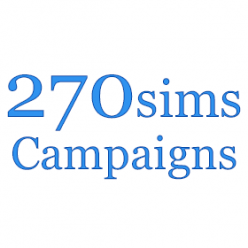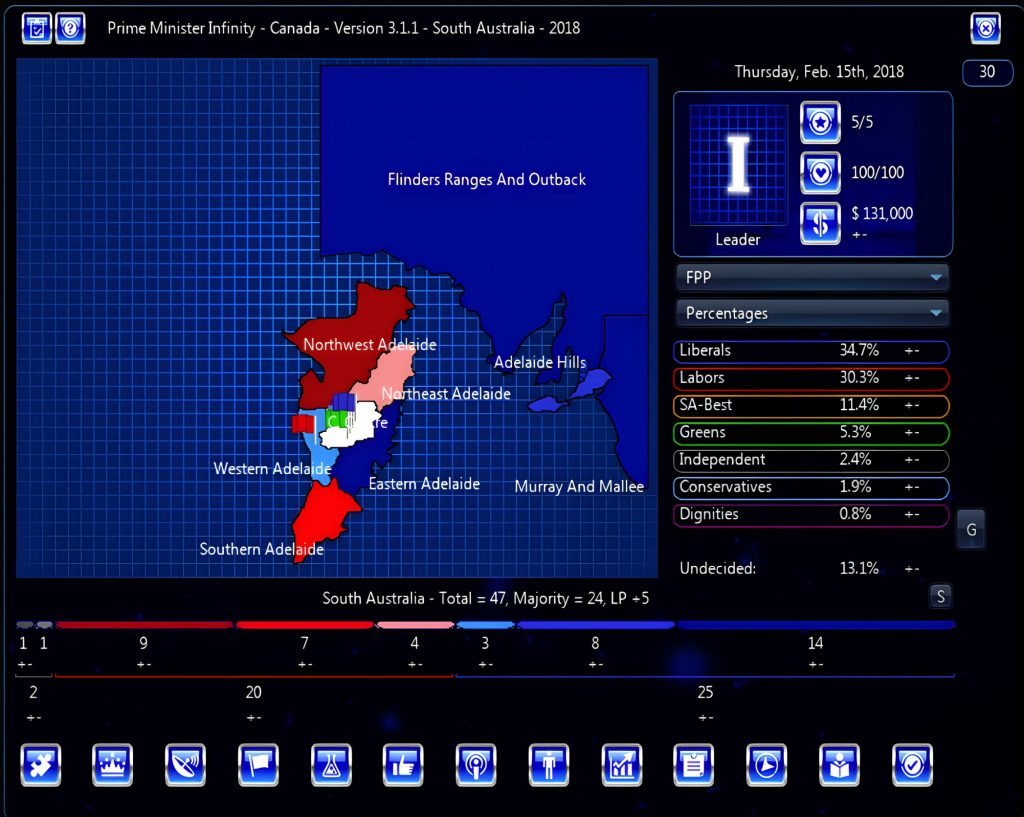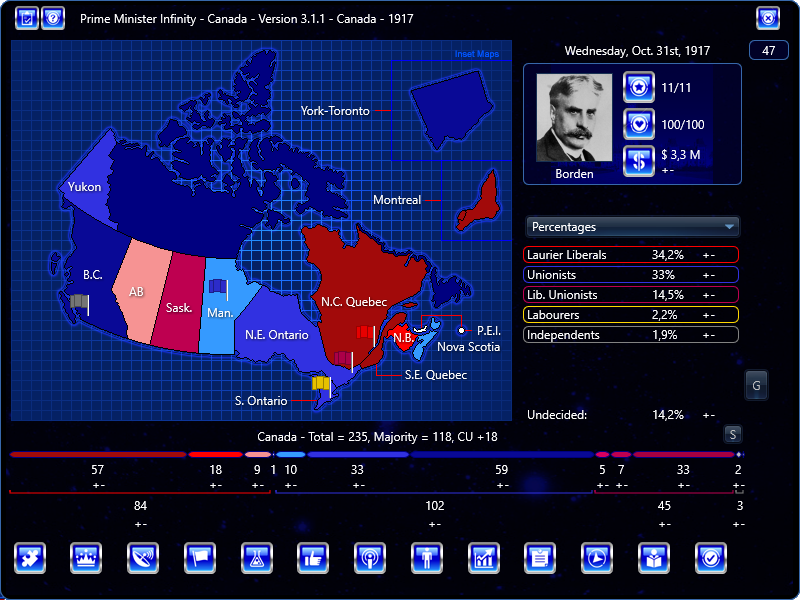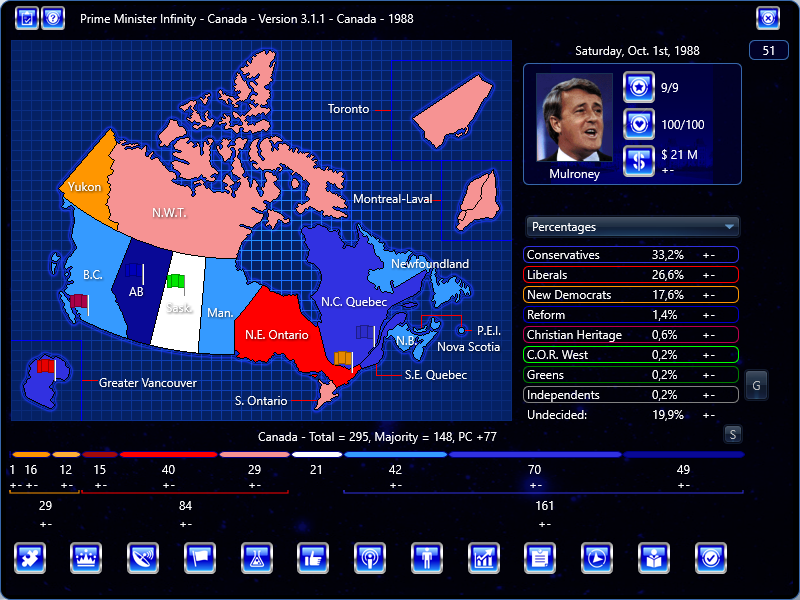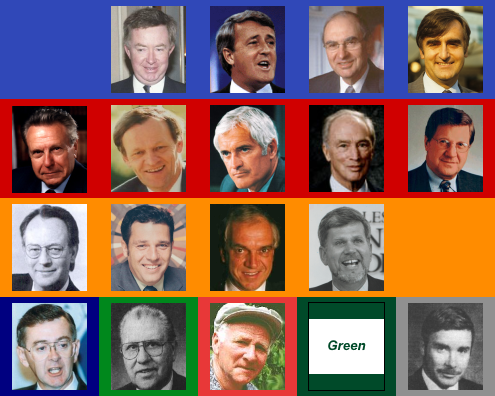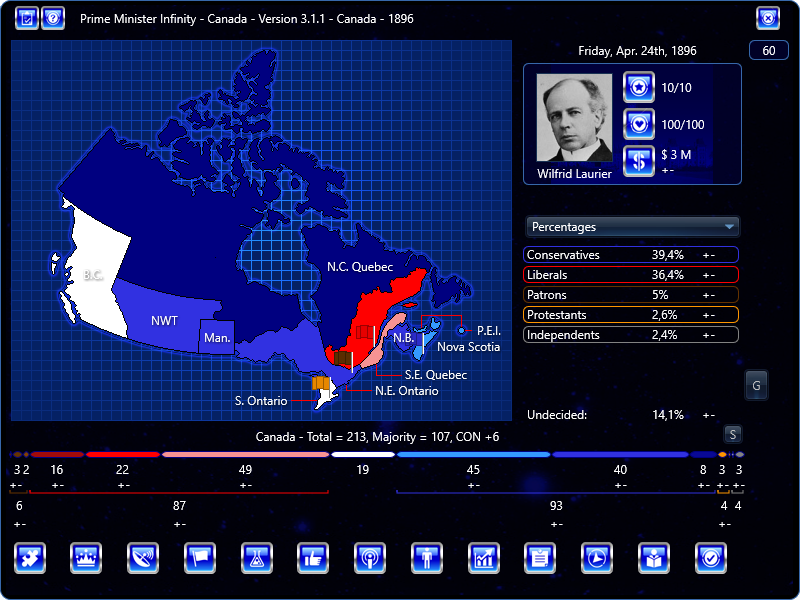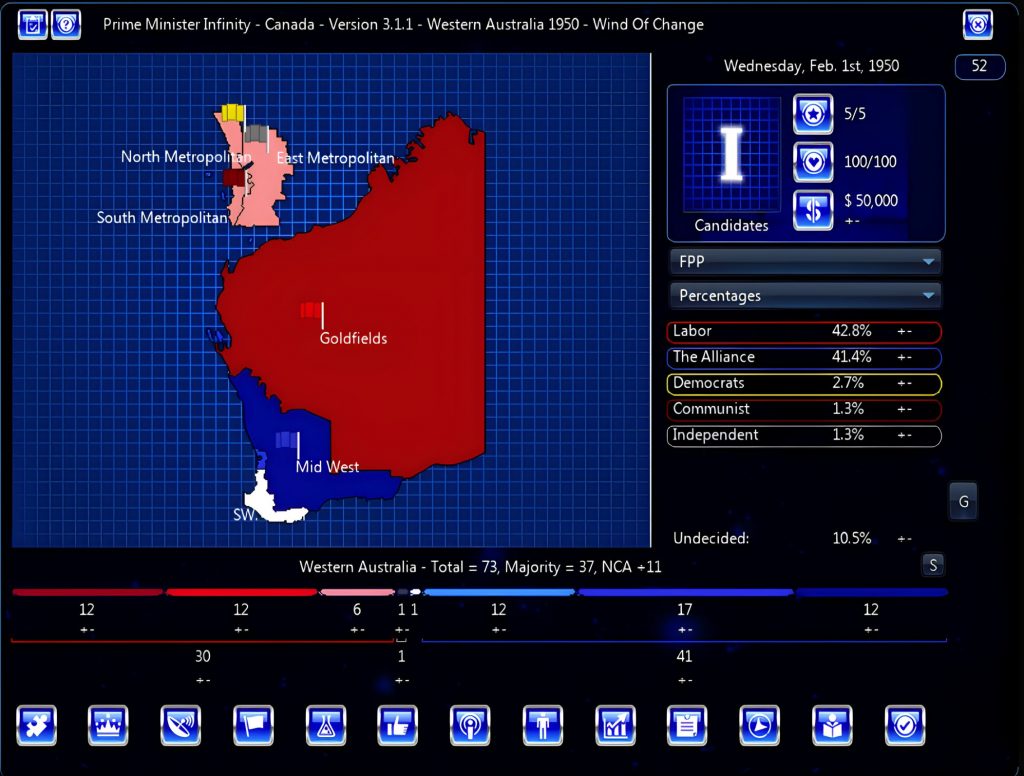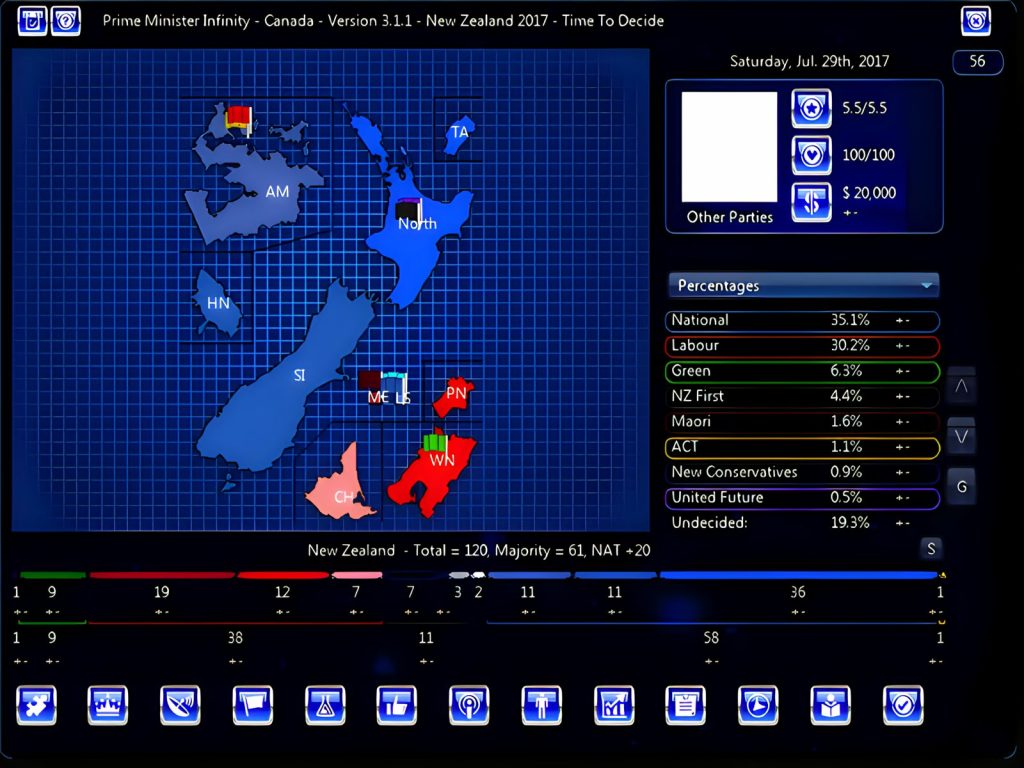This election will decide the fate of the government and the future of New Zealand electoral system as Kiwis also voted on the Electoral Referendum.
Prime Minister Jim Bolger of the National Party seeks a renewed mandate, while Labour, under the leadership of Mike Moore, fights to reclaim power amidst a landscape of economic reform and social change.
Key issues dominate the campaign trail, from the controversial economic policies dubbed ‘Ruthanasia’—named after Finance Minister Ruth Richardson’s aggressive budget cuts—to debates over healthcare, employment, and the very structure of our electoral process, the rise of new parties like the Alliance and New Zealand First adds further complexity to this already pivotal election.
Will Prime Minister Bolger win another term, or will Mike Moore make a comeback to the Beehive after being ousted three years ago? Or will New Zealand see it’s first hung parliament?
